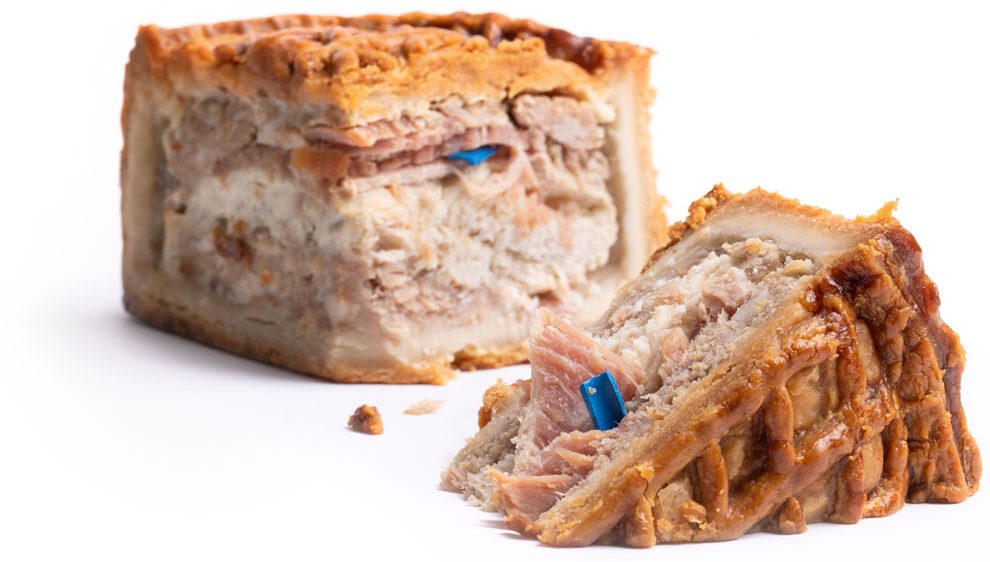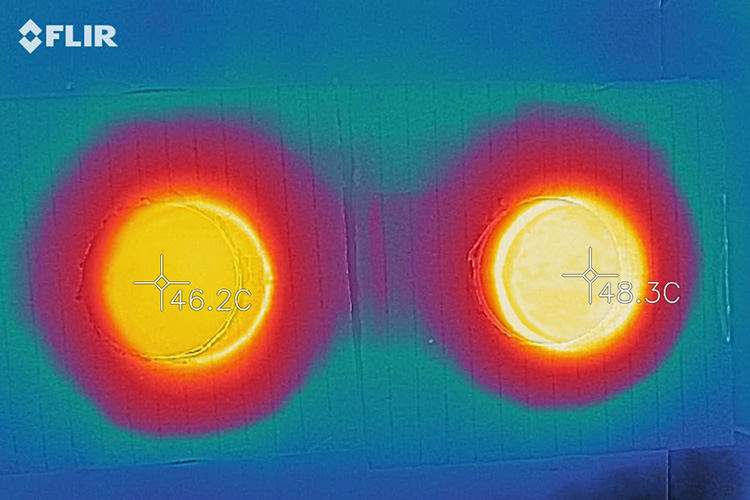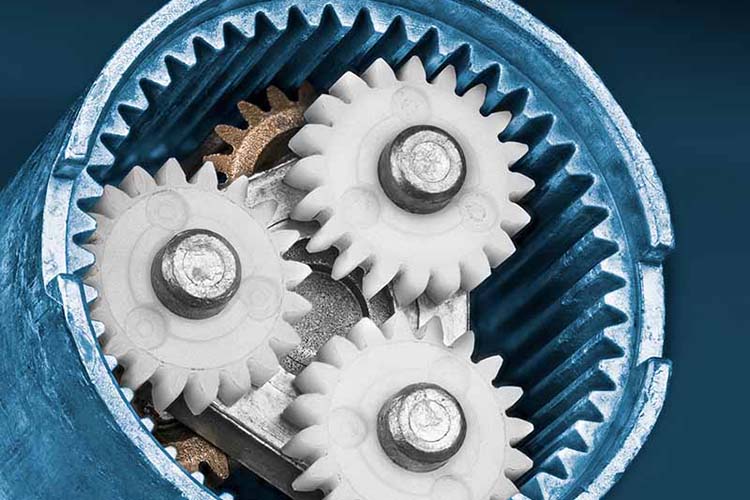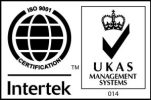Antimicrobial Plastics
Masterbatches & compounds that reduce the growth of bacteria & mould
Employing a range of proven antimicrobial additives from leading suppliers, we can provide effective solutions for your specific applications without compromising the properties of your material.
Why choose an antimicrobial solution from Radical?
With over twenty years experience in the antimicrobial sector and polymer modification, you can be confident that you are in safe hands.
01.
Established, effective antimicrobial additives
We only use active substances from established suppliers, including inorganic actives based on silver (e.g. silver phosphate glass, silver chloride, silver zinc zeolite & silver nitrate) and organic actives including thiabendazole & quaternary ammonium compounds.
02.
Twenty years of experience in polymer modification
Any additive can compromise the physical or aesthetic properties of your material. Our experience enables us to deliver solutions that avoid the unwanted side-effects of using antimicrobials.
03.
Regulatory compliance
The active substances we choose for your application will have the necessary approvals, such as GB BPR, EU BPR & EPA.
04.
We make everything in-house
Every solution is tailored to your specific requirements. No generic, universal solutions here.
05.
Flexibility & speed of response
Bespoke solutions can be formulated and manufactured in hours, not days or weeks. With three in-house extrusion lines we can produce anything from 1kg of trial material to 1 tonne of masterbatch/compound per day.
06.
Ease of incorporating other properties
Since all products are formulated and manufactured in-house, we can easily provide materials combining multiple additives or modifiers. If you need a bright blue, antimicrobial, x-ray detectable, anti-static polymer, we can provide it as a single masterbatch or compound.
Application examples
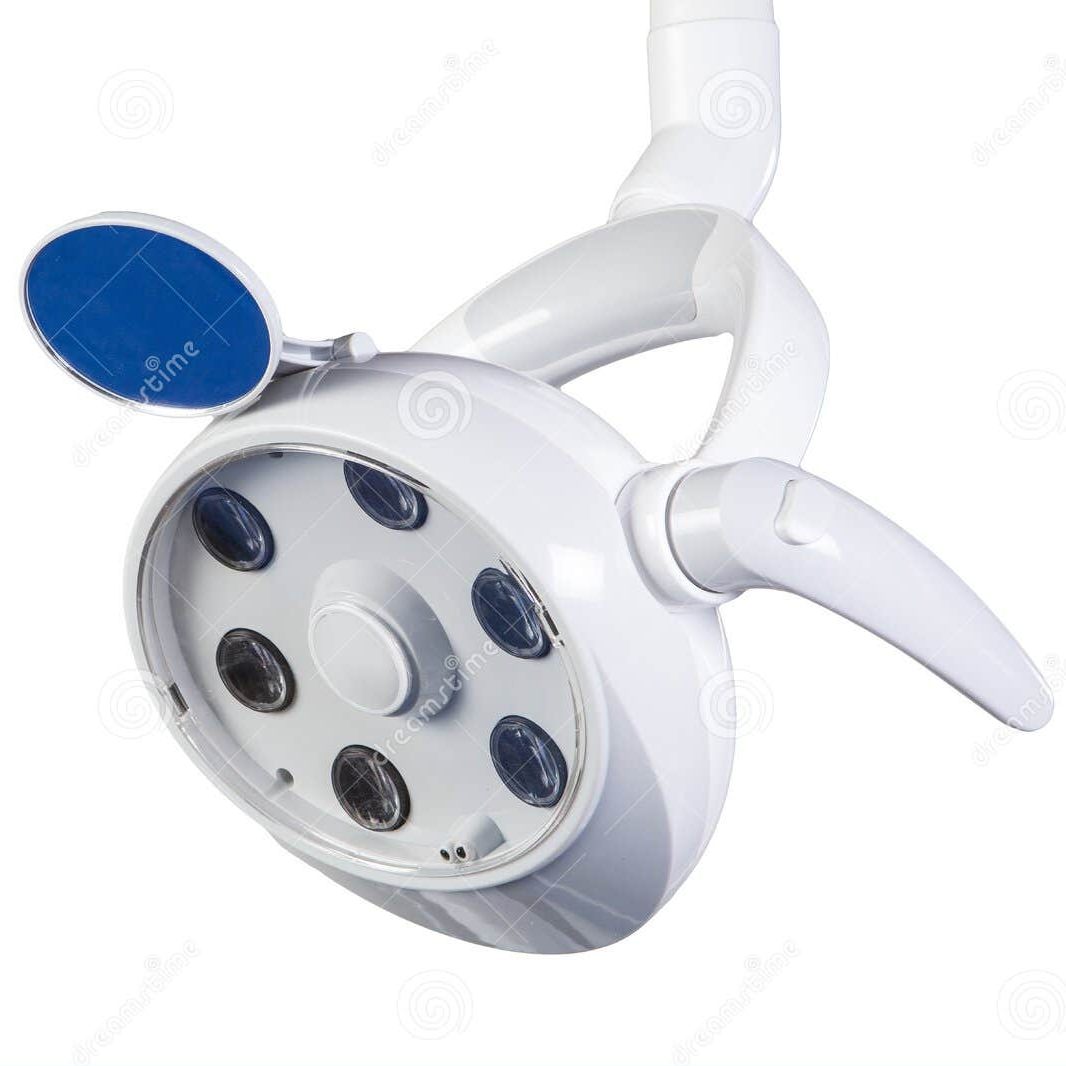
Medical & Healthcare
Article protection
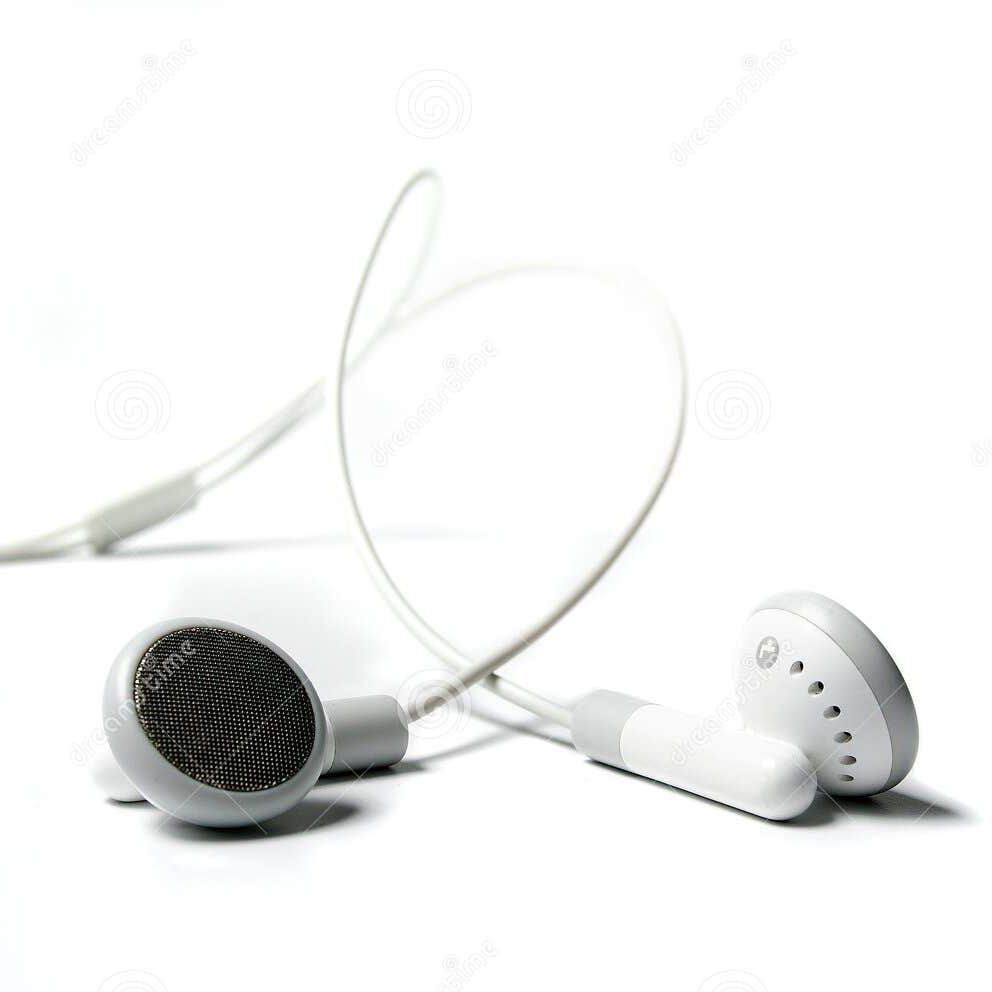
Consumer products
Independent efficacy testing
We use leading laboratories in UK, Europe & Japan to rigorously test all formulations, ensuring confidence in performance.
Staphylococcus aureus
Up to
99.99%
in 24 hours
Escherichia coli
Up to
99.99%
in 24 hours
01.
ISO22196:2000 bacteria testing
Along with the older JIS Z 2801 method, ISO22196 is the main test for determining antimicrobial efficacy of hard surfaces. Tests typically use Staphylococcus aureus and Escherichia coli, although materials can also be challenged with a broad range of other organisms, including Salmonella, Pseudomonas, Streptococcus, Klebsiella and Listeria.
02.
ASTM G21-15 mould testing
In most cases, our article protection solutions are required to combat the growth of mould, such as Cladosporidium, whereas for products used in healthcare environments it may be more relevant to test against Aspergillus or Penicillium. Tests are generally conducted over four weeks, but this can be extended to several months if appropriate.
03.
ISO21702:2019 virus & bacteriophage testing
While testing antimicrobial surfaces against viruses or bacteriophage is feasible, it is also important to consider the real world benefits and the implications of anti-viral claims on regulatory compliance. For most applications, it is difficult to see a genuine benefit and our work in this field is typically only for research and product development.
Anti-viral testing is expensive. Often, particularly for development purposes, virus surrogates are used, such as bacteriophage Phi6. This can notably reduce costs while providing a meaningful indication of the likely anti-viral performance.
Sars-CoV-2
Does Radical offer anti-viral solutions?
This is a hugely interesting topic that requires careful consideration.
Fundamentally, it is possible to modify a polymer so that the surface will deactivate viruses, including SARS-CoV-2. However, the mechanisms by which this occurs are debatable and there seems to be both a lack of understanding and a great deal of misinformation. Furthermore, in many countries the regulatory requirements for anti-viral claims make most applications cost prohibitive.
For these reasons, Radical does not typically offer anti-viral solutions, although we are happy to assist with research & development in this field.
Bespoke product developments
Masterbatch and compound can be developed to suit specific requirements and applications.
A large proportion of our work is the development of custom solutions, often outside the scope of our standard product range. We relish a challenge, so feel free to test our capabilities..
01.
Research & development
With the on-site capabilities and facilities, Radical Materials are able to support small to large custom developments from lab scale all the way up to full production.
02.
Testing capabilities
A wide suite of test facilities are available to support developments. These include mechanical tests as well as properties such as thermal conductivity and surface resistivity.
03.
Certification
A wide suite of test facilities are available to support developments. These include mechanical tests as well as properties such as thermal conductivity and surface resistivity.
04.
Manufacturing
A continuing focus on new and novel technologies to bring advantages and progression to conductive polymers.
Frequently asked questions
Answers to a few of the questions we're most often asked, but if you would like us to elaborate or have a different question, please contact us for assistance.
What is the purpose of an antimicrobial plastic?
Most plastics will support bacterial growth, which is undesirable or problematic in some products and applications.
By incorporating an antimicrobial, or biocide, into the plastic either by compounding or through the use of a masterbatch, the products subsequently made from the plastic will exhibit inherent antimicrobial properties.
What is the difference between antimicrobial, antibacterial & antimould materials?
Antimicrobial is a broad term encompassing materials that reduce the growth of microorganisms. Antibacterial & anti-mould are essentially more specific sub-sets of “antimicrobial” that target bacteria and mould respectively.
Typically, anti-mould materials are less effective against bacteria and antibacterial materials are less effective against mould, but through the careful selection of active substances for any given application it is possible to create materials that have the appropriate efficacy against both bacteria and mould.
What materials can be made antimicrobial?
Most polymers… including but not limited to polyamide (PA), polyethylene (PE), polypropylene (PP), acetal (POM), thermoplastic polyurethane (TPU), PVC, ABS, polycarbonate (PC), polyester (PET/PBT), PTFE, silicone, natural rubber, NBR and SBR.
Our materials are compatible with processing techniques including injection moulding, extrusion, calendaring & compression moulding
Will antimicrobial additives affect mechanical performance of the polymer?
The mechanical properties of any polymer will invariably be affected by introducing additives. Our years of experience enables us to mitigate or eliminate any negative effects by modifying our materials to perfectly suit your specific needs. Where appropriate, we can actually improve the performance of a polymer while still delivering excellent antimicrobial properties.
How long do the antimicrobial properties last?
It depends very much on the type of active substance, the material in which it is used and the nature of the application. In many instances, the treated material can remain antimicrobial for more than 10 years.
Why doesn't Radical offer antiviral additives for plastics?
We can offer additives capable of delivering antiviral properties, but for most customers we believe the benefits are outweighed by the costs, particularly those associated with testing and regulatory compliance. That being said, we’re always happy to discuss options and we have collaborated on a number of antiviral research & development projects.

